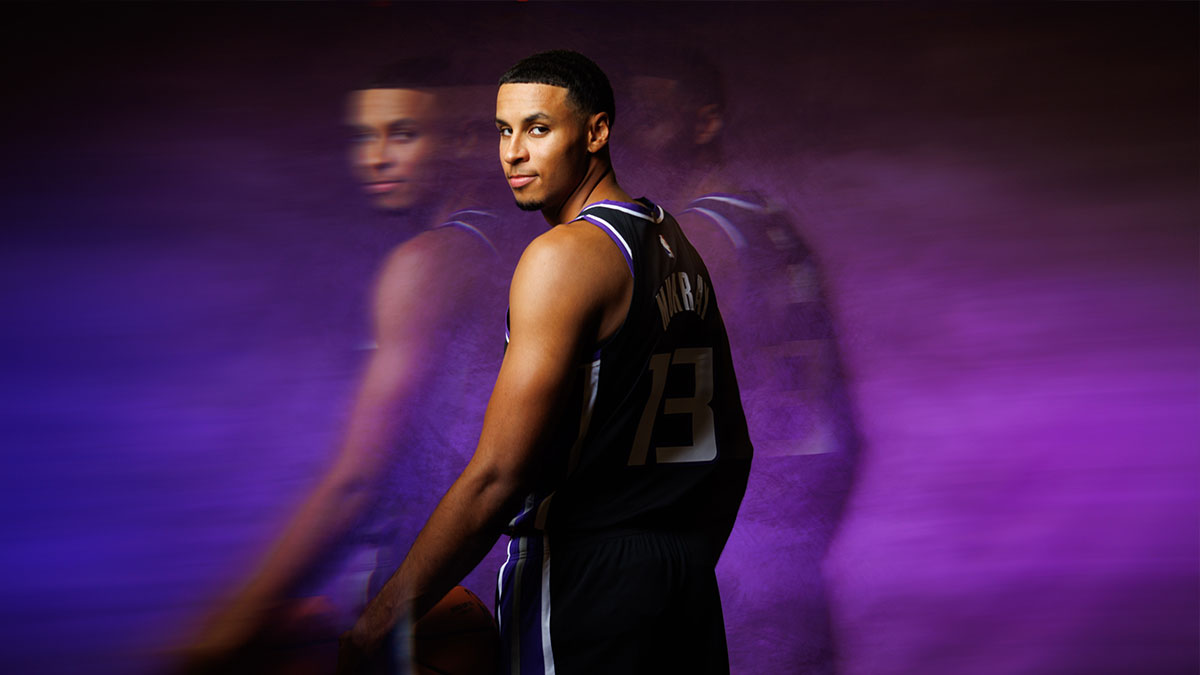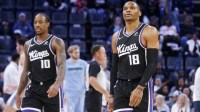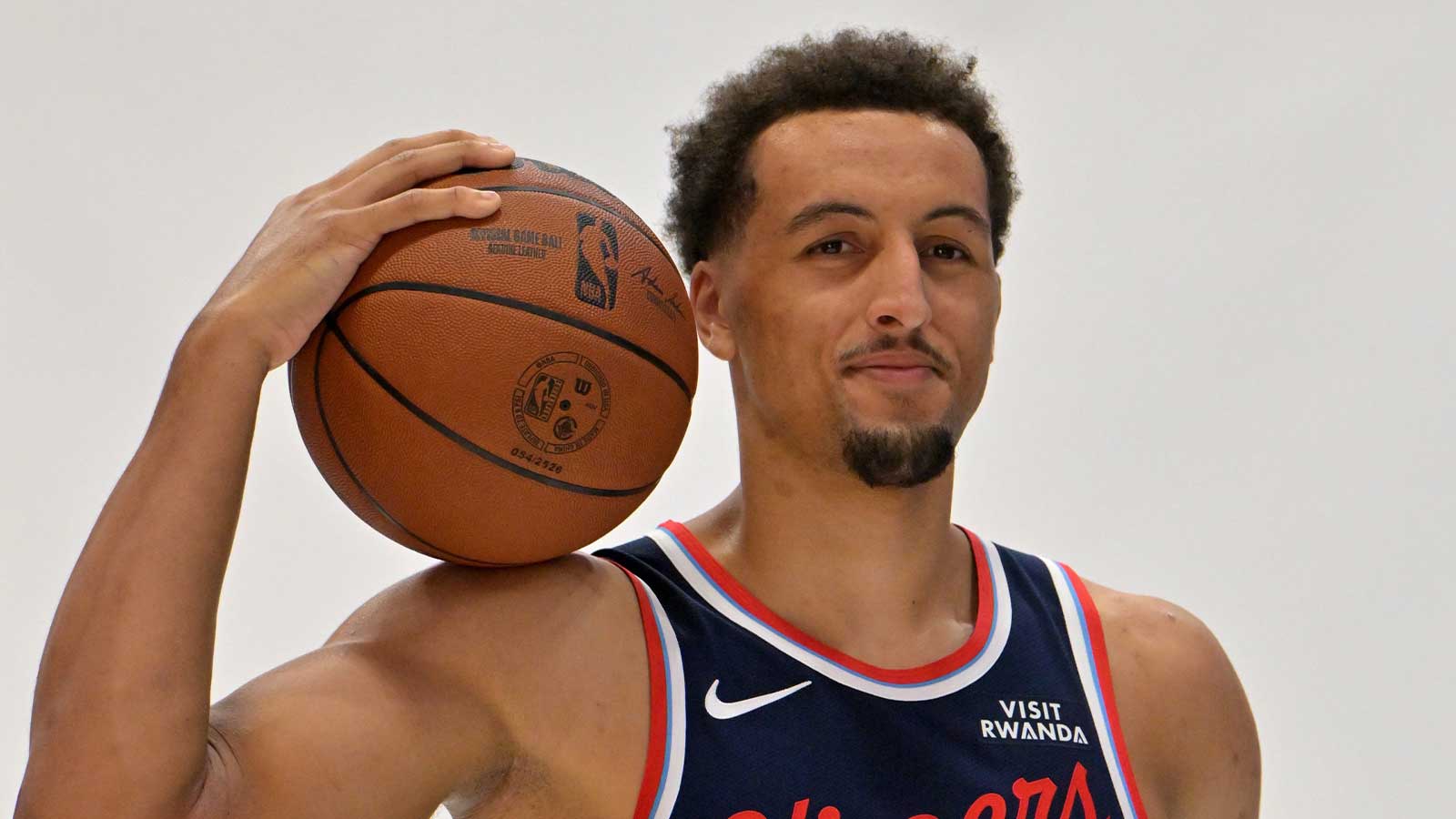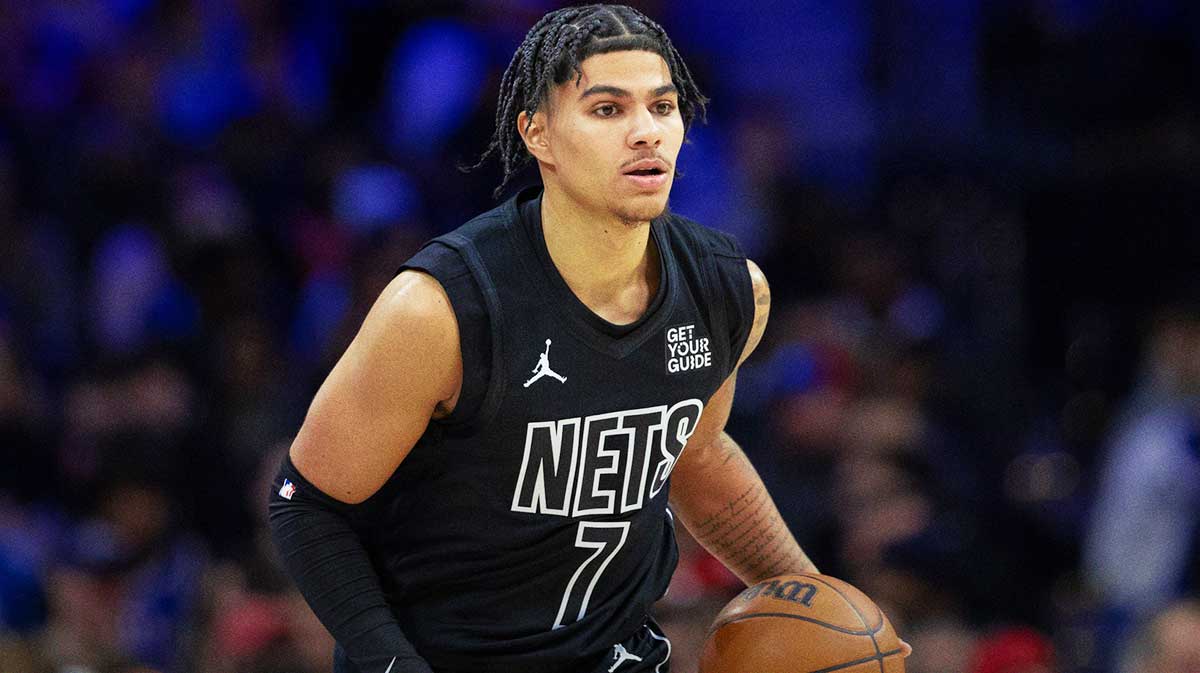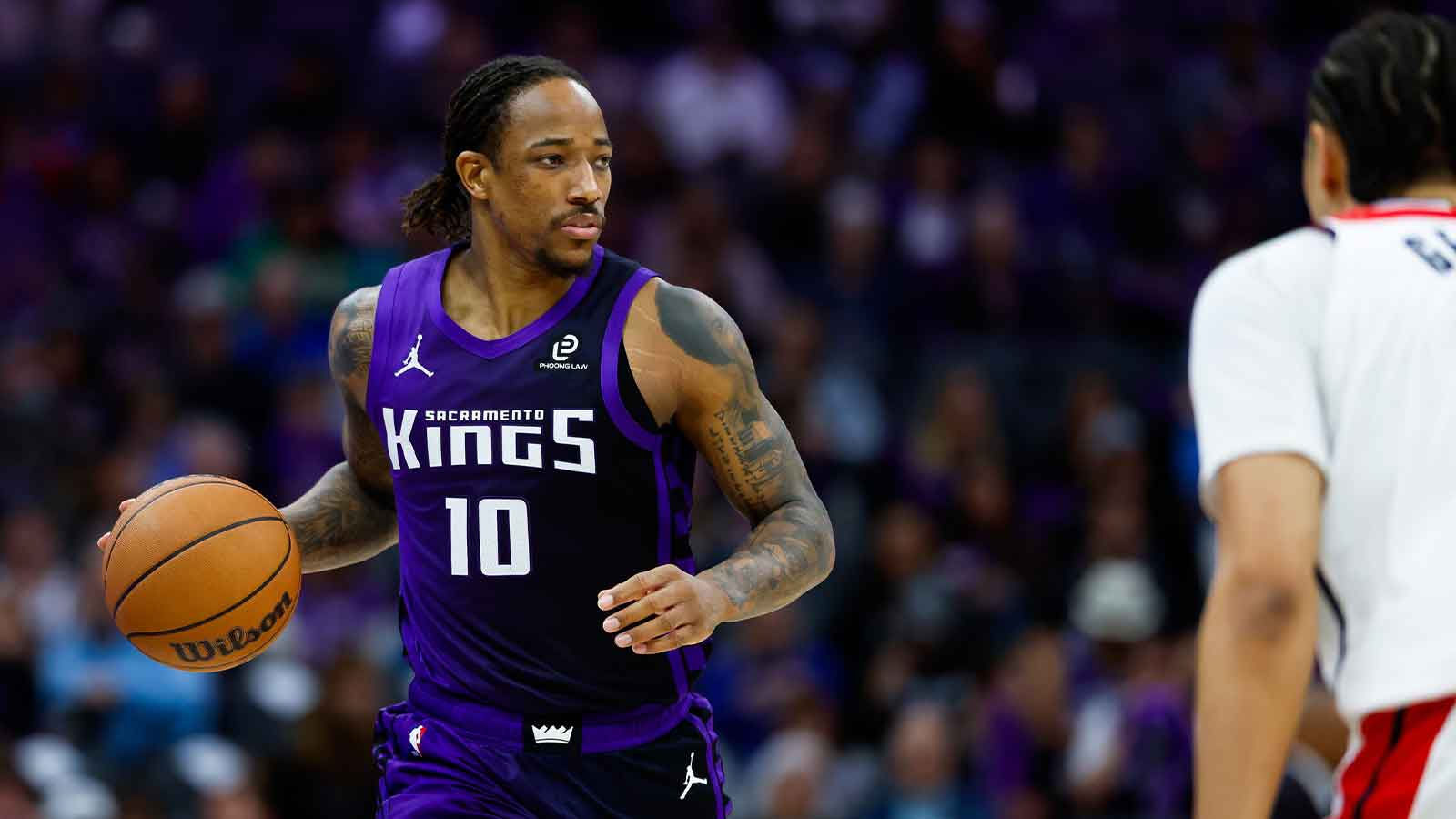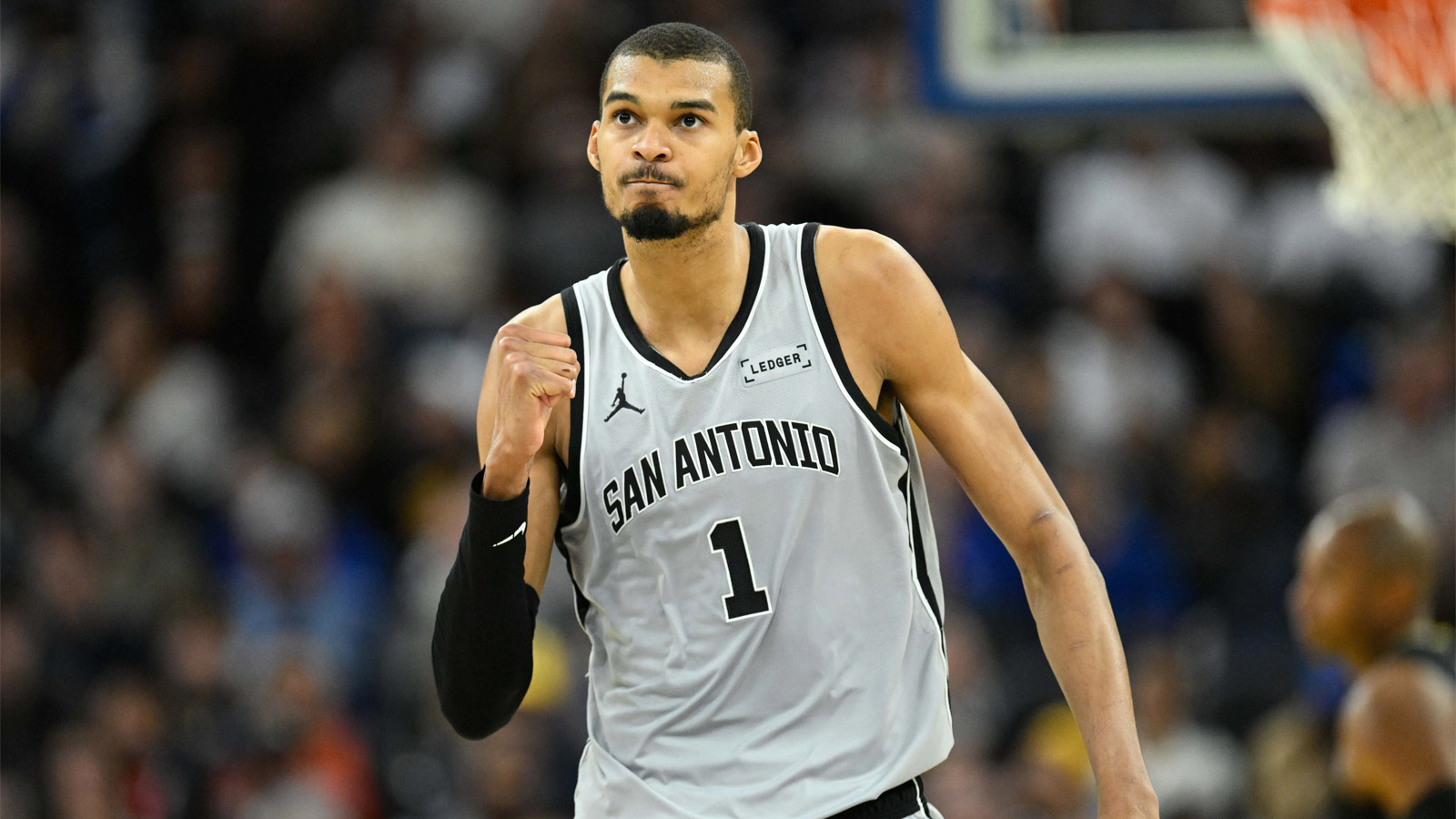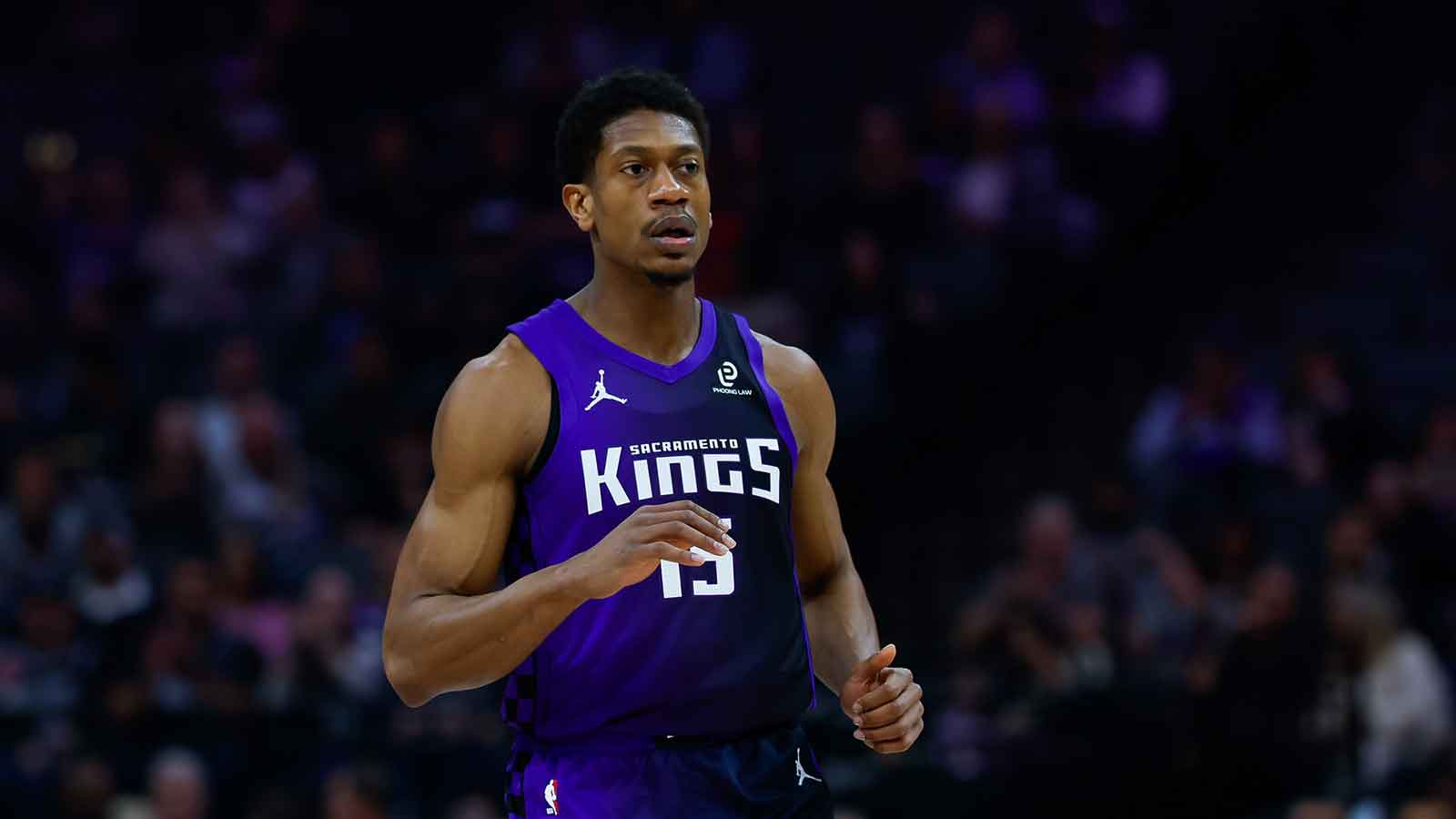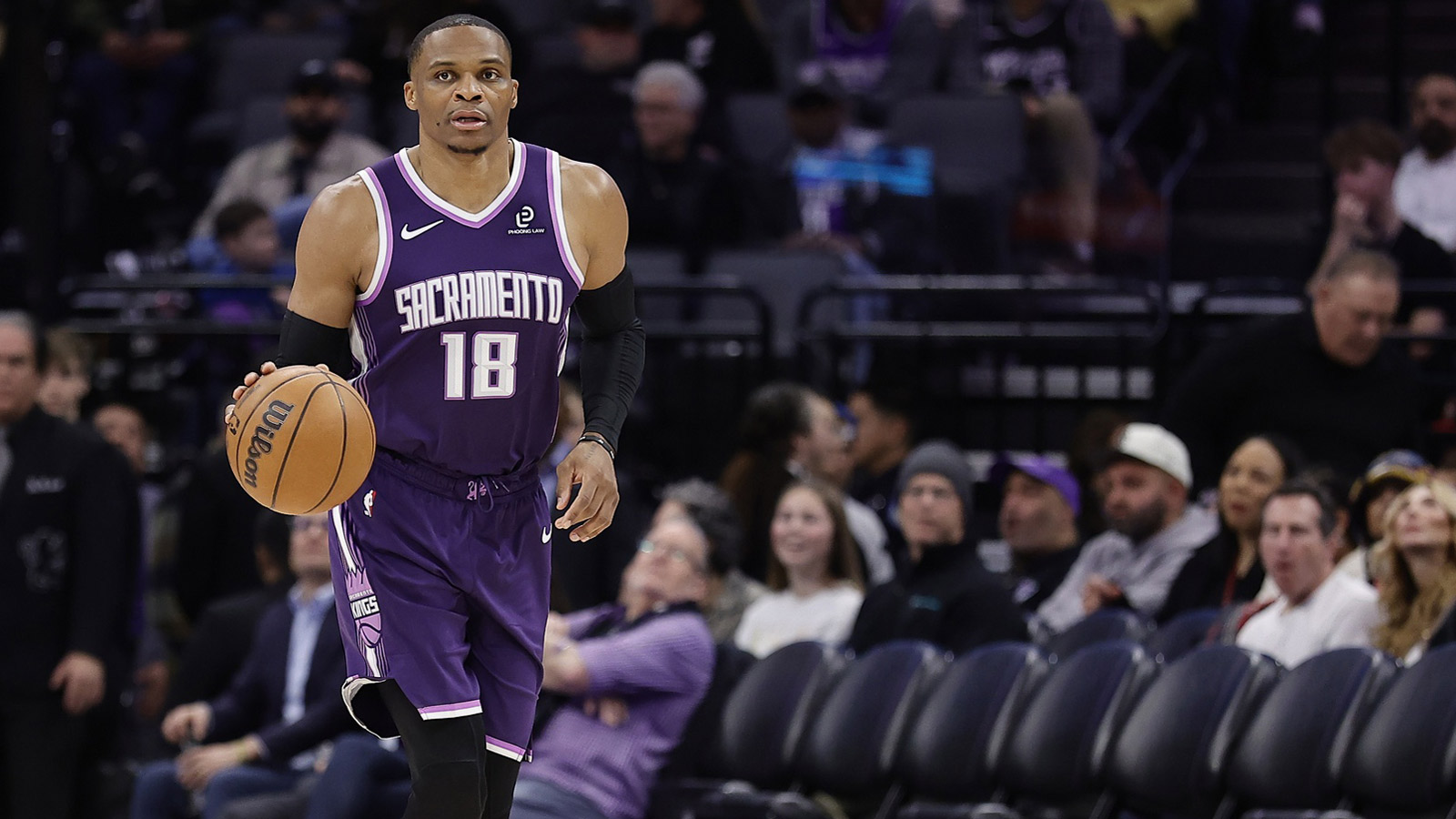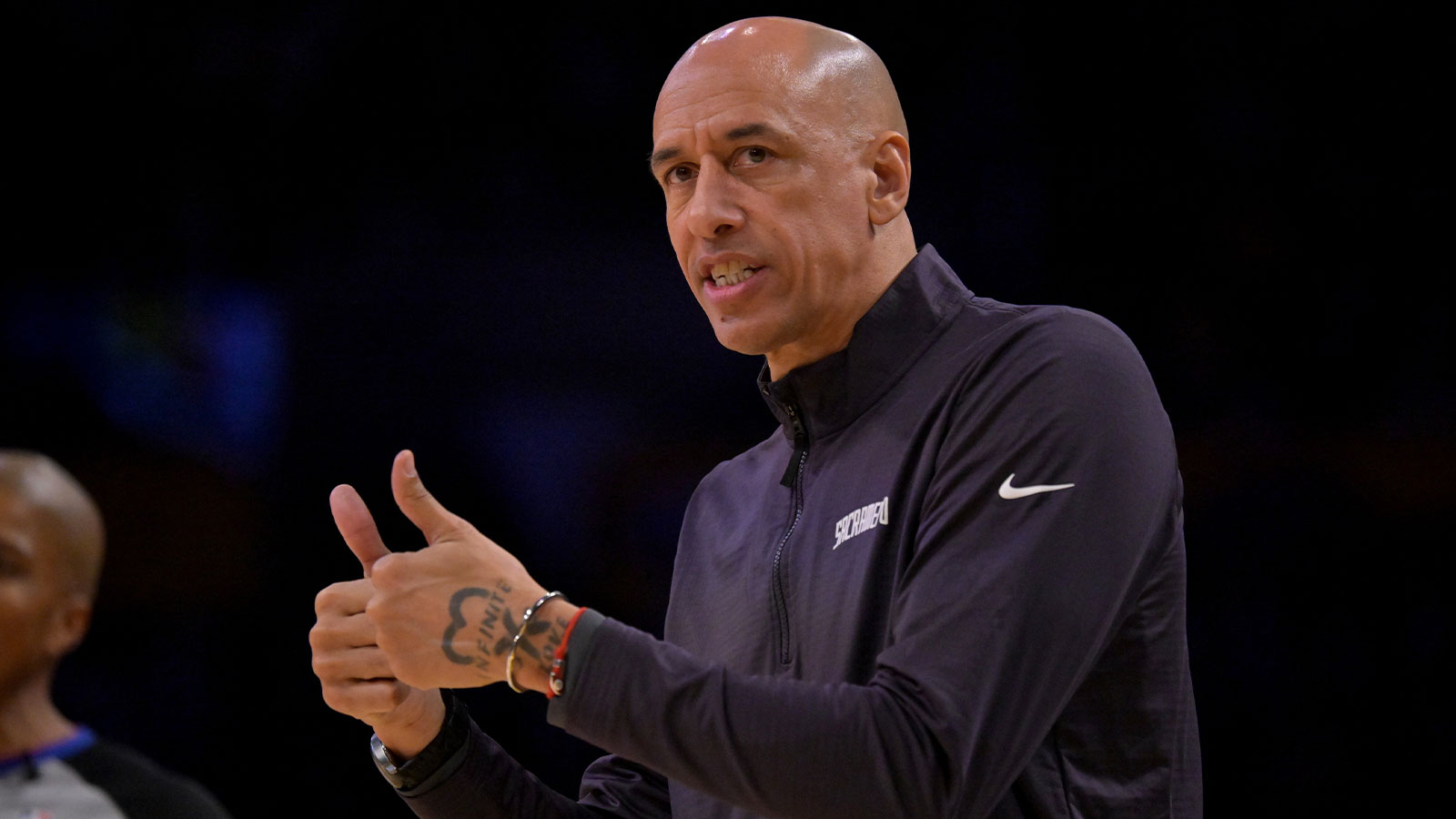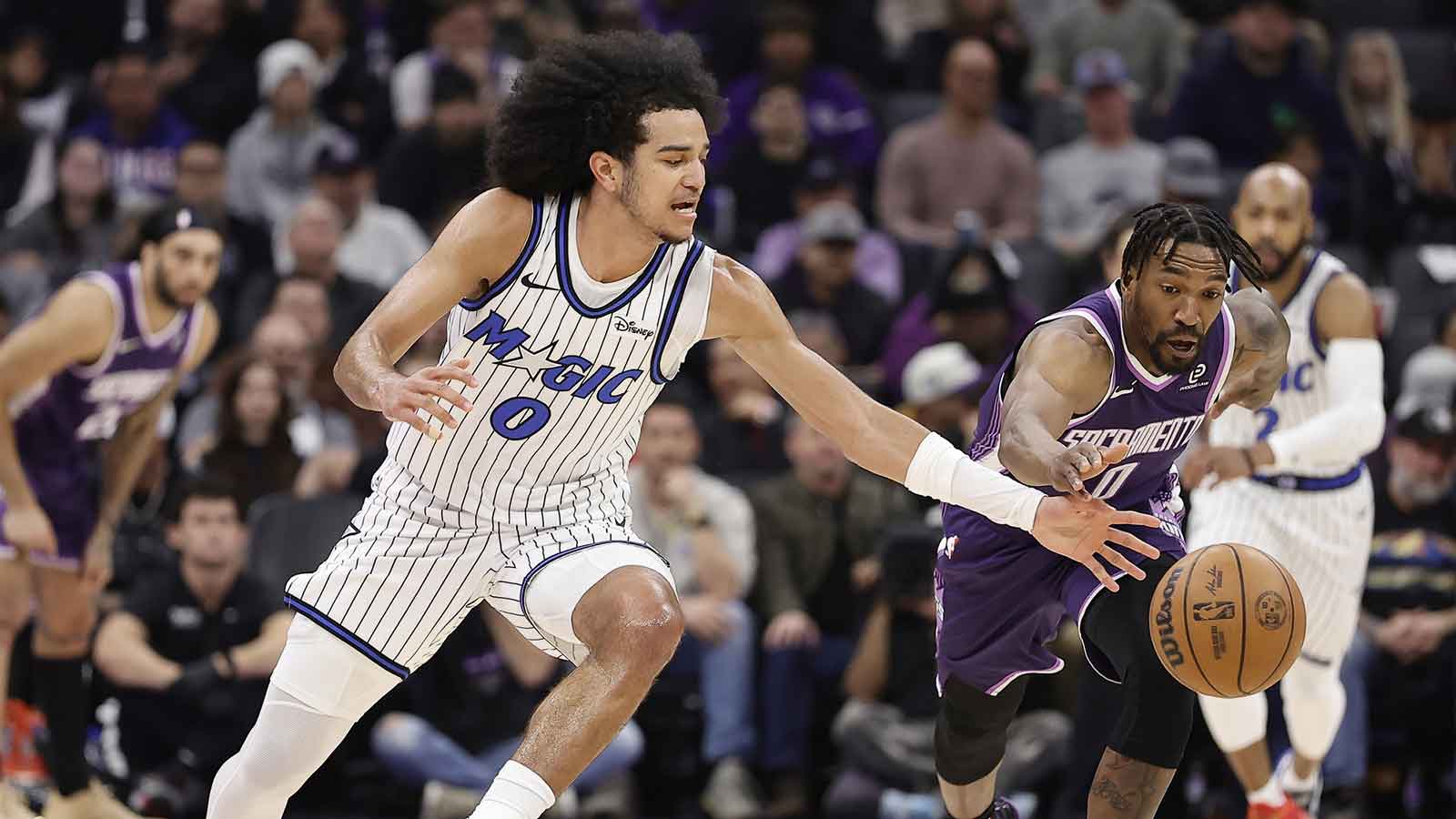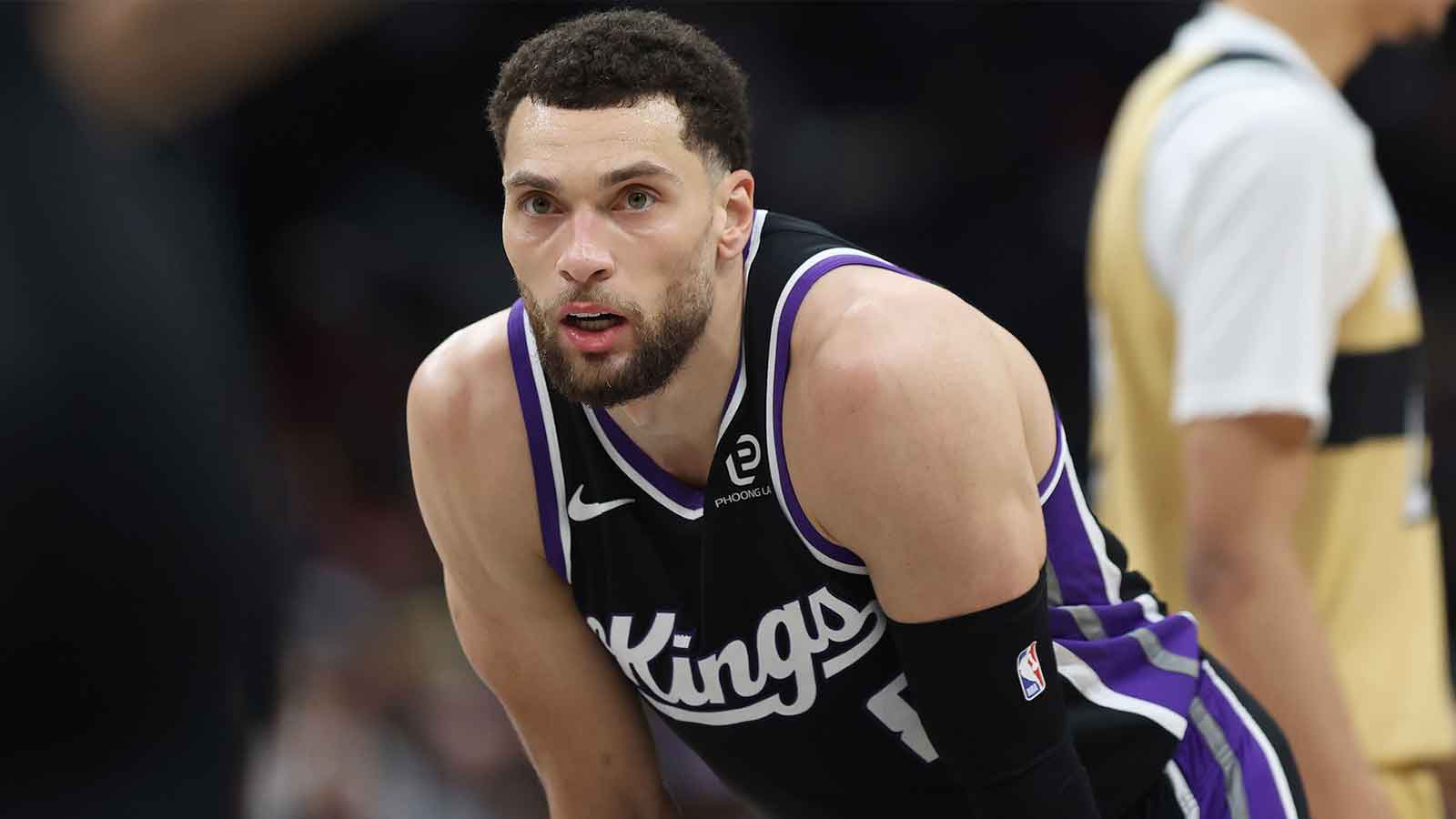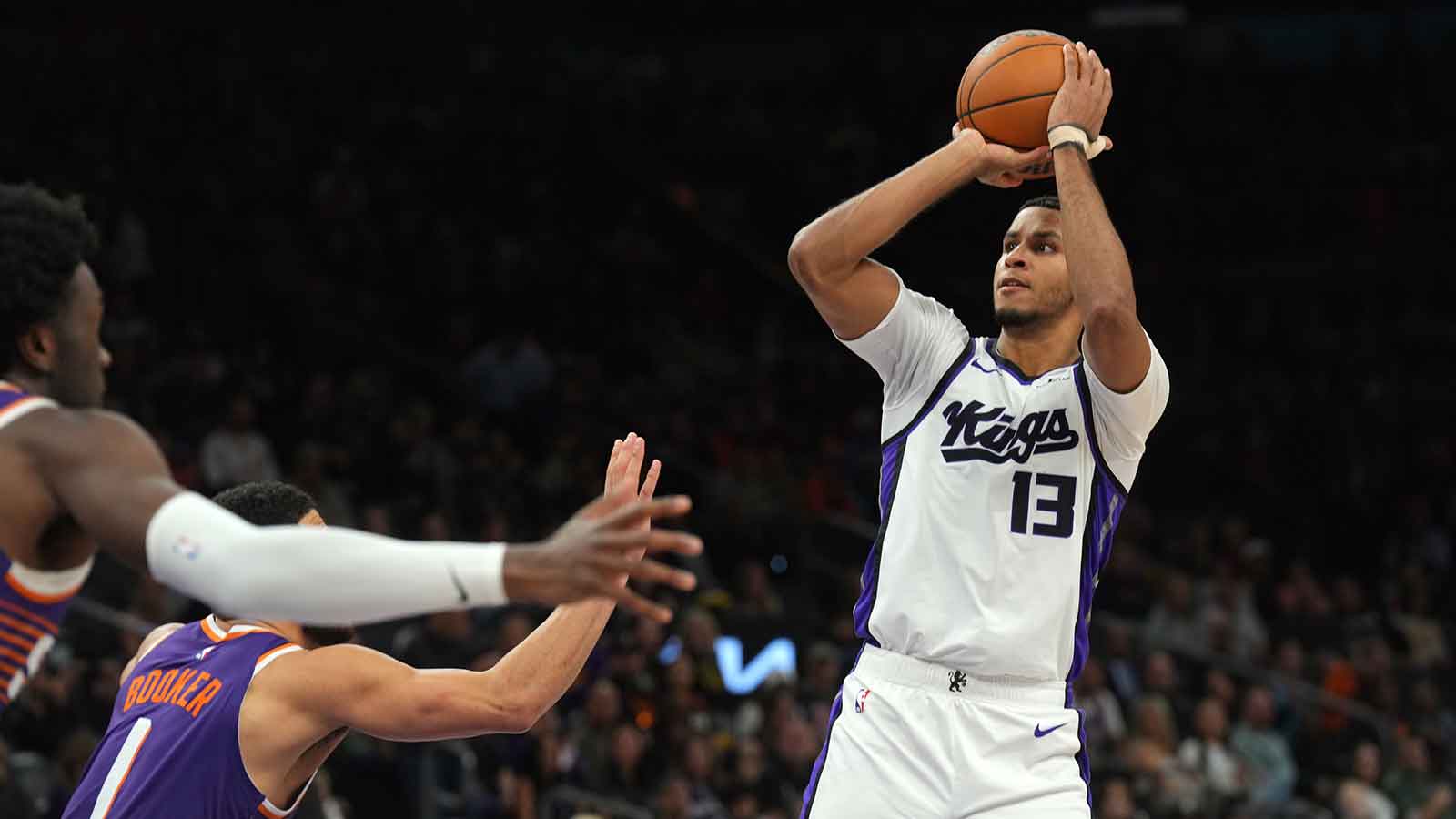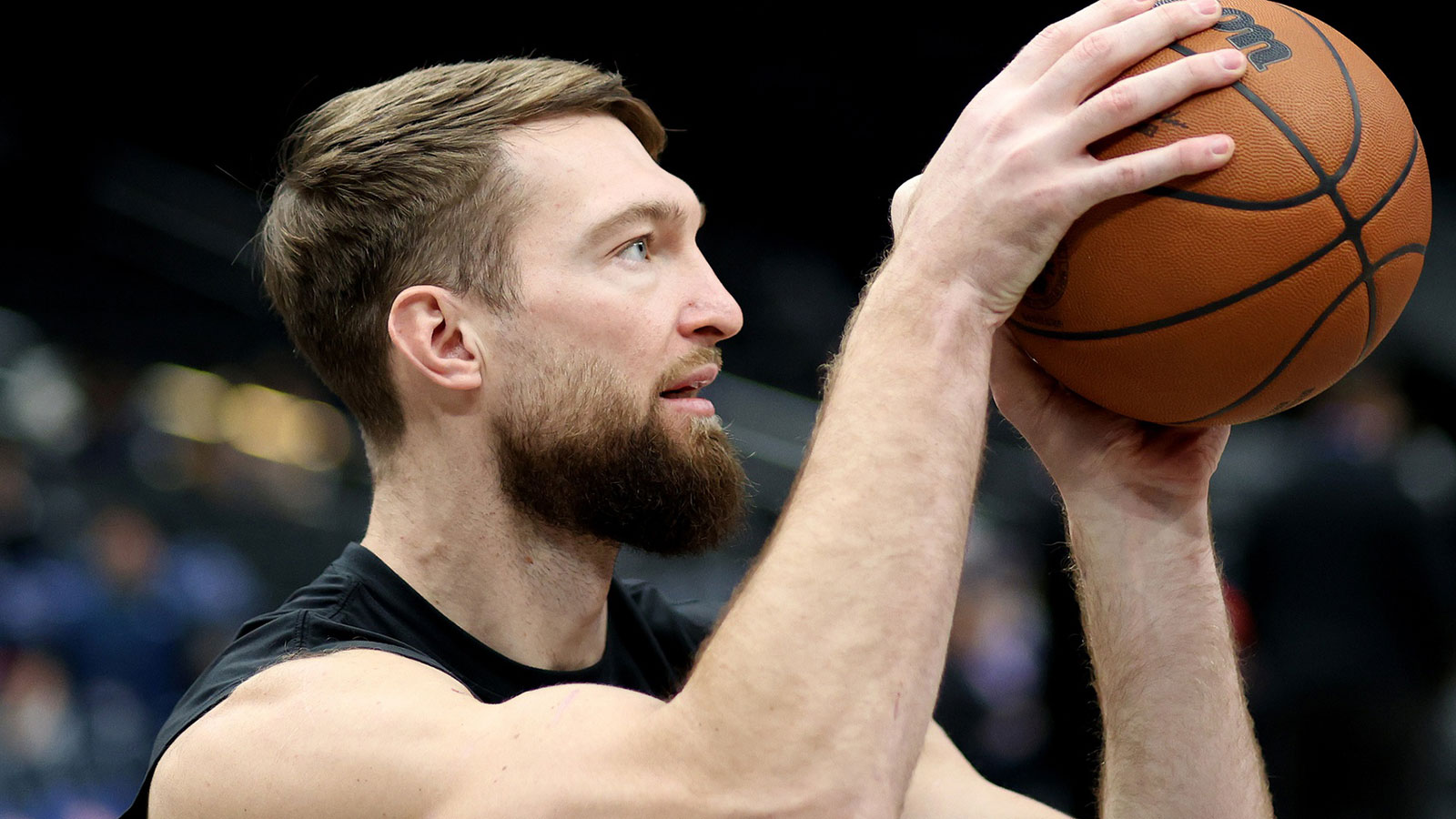The Sacramento Kings have locked in one of their young cornerstones for the foreseeable future. Forward Keegan Murray has agreed to a five-year, $140 million rookie contract extension, cementing his status as a long-term building block alongside Domantas Sabonis.
For the Kings, this represents both commitment and conviction. Murray has been one of the most dependable and well-rounded young forwards in the league since entering the NBA as the fourth overall pick in 2022. He’s become a foundational piece of Sacramento’s identity: versatile, durable, efficient, and low-maintenance.
However, the extension also comes at a fascinating inflection point for both player and franchise. Sacramento’s 2024-25 campaign ended without a playoff berth, despite high expectations after back-to-back postseason pushes.
The organization retooled aggressively this offseason, adding Russell Westbrook, Dennis Schroder, and Nique Clifford in the draft to join a restructured rotation under coach Doug Christie.
Murray, meanwhile, suffered a torn UCL in his left thumb during preseason action, sidelining him for up to six weeks. The timing is unfortunate, as right as his future became secure, his immediate availability became uncertain. But the Kings clearly believe that once he’s healthy, Murray will be an essential part of their playoff hopes and long-term aspirations.
Keegan Murray: Security, validation, and the next leap
From the player’s side, this extension is a triumph of patience and performance. Five years and $140 million offer both financial security and organizational validation for a player who’s made steady, if not spectacular, progress in each of his three seasons.
Murray has quietly become one of the most reliable young forwards in the Western Conference. Across 233 career games, he’s averaged 13.3 points, 5.6 rebounds, and 37.2 percent from three: production that, while modest in volume, speaks to consistency and adaptability.
🚨 BREAKING: Keegan Murray and the Kings have agreed to a 5-year, $140 million rookie contract extension, per @ShamsCharania. pic.twitter.com/ii5hvPkJTA
— ClutchPoints (@ClutchPoints) October 15, 2025
He’s played at least 76 games in all three seasons, has improved his rebounding and defensive instincts, and has shown a willingness to guard multiple positions.
Beyond the numbers, Murray’s temperament has also been a key factor. He’s never demanded touches or visibility; his game thrives within the rhythm of Sacramento’s offense. Playing off high-usage stars like Fox and Sabonis requires adaptability, and Murray has found his niche as a complementary scorer who spaces the floor, defends wings, and makes smart, low-turnover decisions.
The next step, however, is clear. With the Kings’ influx of veteran playmakers like Demar DeRozan and Westbrook, Murray must evolve into a consistent third option, a player capable of generating his own offense when the game slows down in the postseason. Sacramento’s system has often limited his shot creation opportunities, but the Kings’ investment signals they believe he’s ready for more.
From his point of view, this is the perfect balance between commitment and opportunity, a long-term deal that rewards what he’s done and bets on what he’s becoming.
Keegan Murray Grade: A
Sacramento Kings: A smart but risk-aware extension
In locking in Murray now, the Kings have secured cost certainty in an increasingly inflated market for young forwards. The average annual value of $28 million is manageable within a cap environment that continues to rise, especially given Murray’s versatility and projected growth. By 2028, that number could look like mid-tier starter money for a player who may well be one of the league’s best 3-and-D forwards.
However, the move isn’t without risk. Murray’s efficiency has dipped slightly since his rookie year; his three-point percentage fell from 41.1 percent to 34.3 percent by his third season, and his scoring output has plateaued around 12-15 points per game. Sacramento’s front office is banking on internal development, not just stagnation in production.
Keegan Murray with AUTHORITY 😤
— ClutchPoints (@ClutchPoints) February 14, 2024
The Kings’ decision also reflects a broader philosophy: continuity over volatility. After missing the playoffs in 2025, the organization chose to retool around the same core rather than reset. Retaining Murray ensures that the team’s spacing, defensive rotations, and long-term structure remain intact as they integrate veterans like DeRozan and Schroder.
The question is whether Murray can take a more assertive role within that framework. Sacramento’s offensive hierarchy remains dominated by Sabonis, while DeRozan and LaVine (if healthy) will command touches.
For Murray to justify this extension from a team perspective, he must evolve from a system player into a system driver, someone whose versatility allows the Kings to adapt across lineups, not just fill gaps.
Still, this is precisely the kind of forward-thinking deal small-market franchises must make. Waiting another year might have pushed the price tag north of $160 million, especially if Murray had a breakout season. Instead, Sacramento locked him up early, showing faith in his two-way value while leaving flexibility for future roster building.
It’s a statement of belief, and in a league where player movement is constant, belief often carries a premium.
Sacramento Kings Grade: B+
What it means for both sides
At its core, the Kings’ decision to extend Keegan Murray is a bet on stability and upside. It’s a contract that rewards professionalism, development, and alignment with team culture. Murray’s dependable nature: his availability, efficiency, and quiet confidence make him the type of player franchises love to invest in.
If he continues on his current trajectory, Sacramento will have secured a key piece of its playoff foundation through the end of the decade.
Either way, the partnership between Keegan Murray and the Kings feels like a rare case of mutual belief, a contract not just about money, but about shared ambition and unfinished business in the West.

